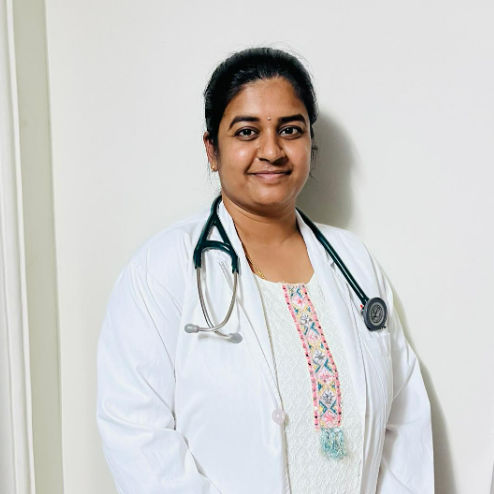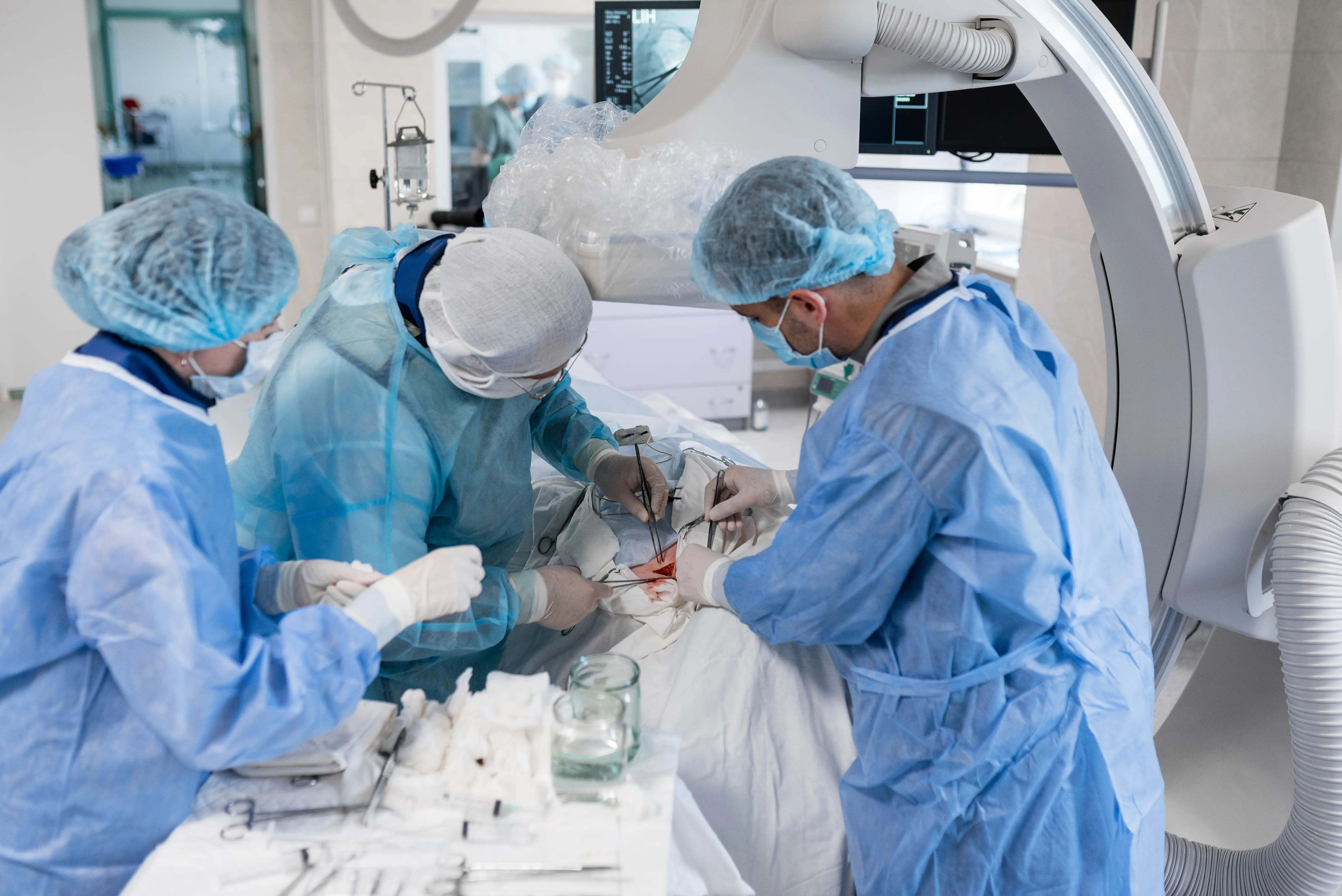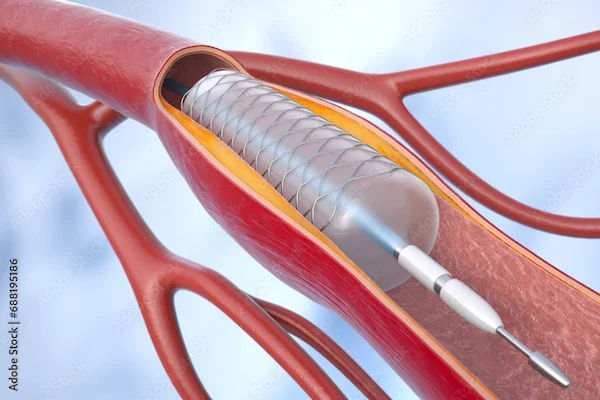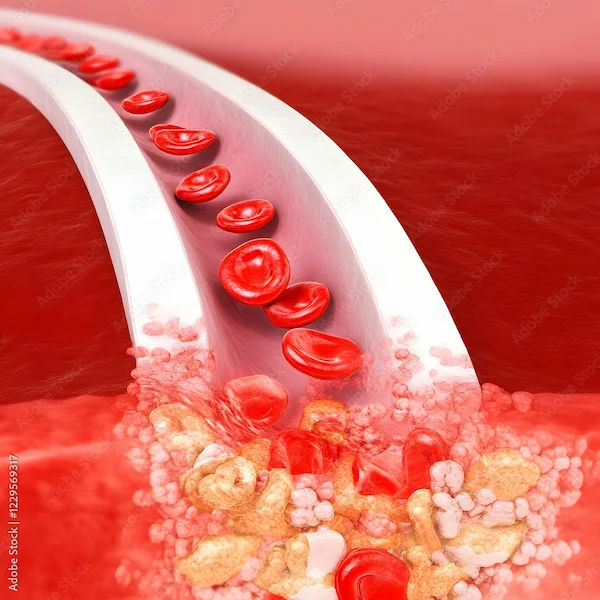Shortness Of Breath After Bypass Surgery
Experiencing shortness of breath after bypass surgery? Learn common causes, warning signs, and expert-backed tips to breathe easier and recover faster.

Written by Dr. J T Hema Pratima
Reviewed by Dr. Rohinipriyanka Pondugula MBBS
Last updated on 24th Jul, 2025

Introduction
If you or a loved one has recently undergone bypass surgery and are experiencing shortness of breath, it’s natural to feel concerned. While this symptom can be unsettling, understanding why it happens and how to manage it can help ease your worries.
Why Does Shortness of Breath Occur After Bypass Surgery?
Bypass surgery is a major procedure that helps restore blood flow to the heart by redirecting blood around blocked arteries. While the surgery improves heart function, it can take time for your body to fully recover. Shortness of breath (also called dyspnea) is a common post-surgical symptom and can happen due to several reasons:
1. Fluid Retention (Pulmonary Oedema): After surgery, your body may retain fluid, which can accumulate in the lungs, making breathing difficult.
2. Weakness of Breathing Muscles: The surgery and prolonged bed rest can temporarily weaken the muscles used for breathing.
3. Anaesthesia Effects: General anaesthesia can temporarily affect lung function, leading to shallow breathing.
4. Lung Collapse (Atelectasis): Small areas of the lungs may collapse due to reduced movement after surgery.
5. Heart Function Adjustment: Your heart is healing, and it may take time to pump blood efficiently, leading to breathlessness.
Consult Top Specialists for Personalised Heart Health Advice
When Should You Be Concerned?
While mild shortness of breath is normal during recovery, certain signs require immediate medical attention:
- Severe difficulty breathing
- Chest pain or pressure
- Bluish lips or fingertips
- Rapid or irregular heartbeat
- Swelling in legs or sudden weight gain
If you experience any of these symptoms, seek medical help right away.
Tips to Manage Shortness of Breath After Bypass Surgery
Recovery takes time, but these steps can help improve your breathing and overall comfort:
1. Follow Your Doctor’s Advice
Take prescribed medications, such as diuretics to reduce fluid buildup, on time.
Attend cardiac rehabilitation sessions to strengthen your heart and lungs.
2. Practice Deep Breathing Exercises
Diaphragmatic Breathing: Sit comfortably, place a hand on your belly, and inhale deeply through your nose, letting your abdomen rise. Exhale slowly through pursed lips.
Incentive Spirometer: Use this device, as recommended by your doctor, to improve lung function.
3. Stay Active (Within Limits)
Short, frequent walks help prevent lung complications and improve circulation.
Avoid strenuous activities until your doctor approves.
4. Elevate Your Head While Sleeping
Use an extra pillow to reduce fluid buildup in the lungs and ease breathing.
5. Maintain a Heart-Healthy Diet
Reduce salt intake to prevent fluid retention.
Eat more fruits, vegetables, lean proteins, and whole grains.
Stay hydrated, but follow your doctor’s advice on fluid restrictions if needed.
6. Avoid Smoking & Limit Alcohol
Smoking worsens lung and heart health—seek help to quit if needed.
Alcohol can interfere with medications and recovery.
7. Monitor Your Weight Daily
Sudden weight gain may indicate fluid retention—report it to your doctor.
When Will Breathing Improve?
Most patients see gradual improvement over 4-6 weeks, but full recovery can take 3-6 months. If shortness of breath persists beyond this period, consult your doctor to rule out complications like heart failure or lung issues.
When to Seek Help?
If you’re worried about your breathing or need guidance on post-surgery care, Apollo 24|7 offers:
- Online consultations with cardiologists.
- Home monitoring services for heart patients.
- Rehabilitation programs to speed up recovery.
- You can easily book a consultation or schedule tests through the Apollo 24|7 app or website.
Final Thoughts
Shortness of breath after bypass surgery is common, but with proper care, it improves over time. Listen to your body, follow medical advice, and don’t hesitate to seek help if symptoms worsen. Your heart is healing—be patient and take recovery one step at a time.
Consult Top Cardiologists
Consult Top Specialists for Personalised Heart Health Advice

Dr. Sumanta Chatterjee
Cardiologist
12 Years • MBBS,MD General Medicine,DM Cardiology
Kolkata
HealthYou Speciality Clinic & Diagnostics., Kolkata
(25+ Patients)
Dr. Praveen Kumar
Cardiologist
25 Years • MBBS, MD (Medicine), DM (Cardiology)
Ghaziabad
Navaanya wellness, Ghaziabad

Dr. Nataraja Setty
Cardiologist
21 Years • MBBS, MD (General Medicine), DM (Cardiology)
Bengaluru
Sapphire heart care clinic, Bengaluru
Dr. Dixit Garg
Cardiologist
10 Years • MBBS , DNB (General medicine) , DNB (cardiology)
Gurugram
Smiles & Hearts, Gurugram

Dr. Mangesh Danej
Cardiologist
8 Years • MBBS, MD (General Medicine), DNB (Cardiology)
Pune
Dr Danej clinic, Pune
(375+ Patients)
Consult Top Cardiologists

Dr. Sumanta Chatterjee
Cardiologist
12 Years • MBBS,MD General Medicine,DM Cardiology
Kolkata
HealthYou Speciality Clinic & Diagnostics., Kolkata
(25+ Patients)
Dr. Praveen Kumar
Cardiologist
25 Years • MBBS, MD (Medicine), DM (Cardiology)
Ghaziabad
Navaanya wellness, Ghaziabad

Dr. Nataraja Setty
Cardiologist
21 Years • MBBS, MD (General Medicine), DM (Cardiology)
Bengaluru
Sapphire heart care clinic, Bengaluru
Dr. Dixit Garg
Cardiologist
10 Years • MBBS , DNB (General medicine) , DNB (cardiology)
Gurugram
Smiles & Hearts, Gurugram

Dr. Mangesh Danej
Cardiologist
8 Years • MBBS, MD (General Medicine), DNB (Cardiology)
Pune
Dr Danej clinic, Pune
(375+ Patients)




